We were lucky to catch up with Natalie Poindexter recently and have shared our conversation below.
Natalie , so good to have you with us today. We’ve got so much planned, so let’s jump right into it. We live in such a diverse world, and in many ways the world is getting better and more understanding but it’s far from perfect. There are so many times where folks find themselves in rooms or situations where they are the only ones that look like them – that might mean being the only woman of color in the room or the only person who grew up in a certain environment etc. Can you talk to us about how you’ve managed to thrive even in situations where you were the only one in the room?
I made a statement during a panel that I moderated recently, shoutout to Women Communicators of Austin for the opportunity, “be dangerously authentic.” I used to think that if I would “be smaller” or dress a certain way that I would blend in more and feel less like I was the only one in the room. What I realized, later in life, is that I could not dim my light to make others comfortable with me being the only one in the room. I also embraced that I am not obligated to teach anyone about me or ethnicity or culture, it is not my responsibility.
When I walk into rooms now, I mentally play Janelle Monet’s song Float; because now I walk into a room and float. I walk into rooms where I am the only one that looks like me with my head held high and my shoulders back. Why? Because I’m supposed to be there, I belong in that room.
I’d love to add that my style is something that I truly began to embrace as well, it has absolutely improved my self-confidence. I love dressing flamboyant and eclectic, it fits my energy and personality. So I’d say find the pieces that make you feel like you 100%, wear them whenever you’re feeling a bit uncertain or like an imposter. It does wonders for my state of mind.
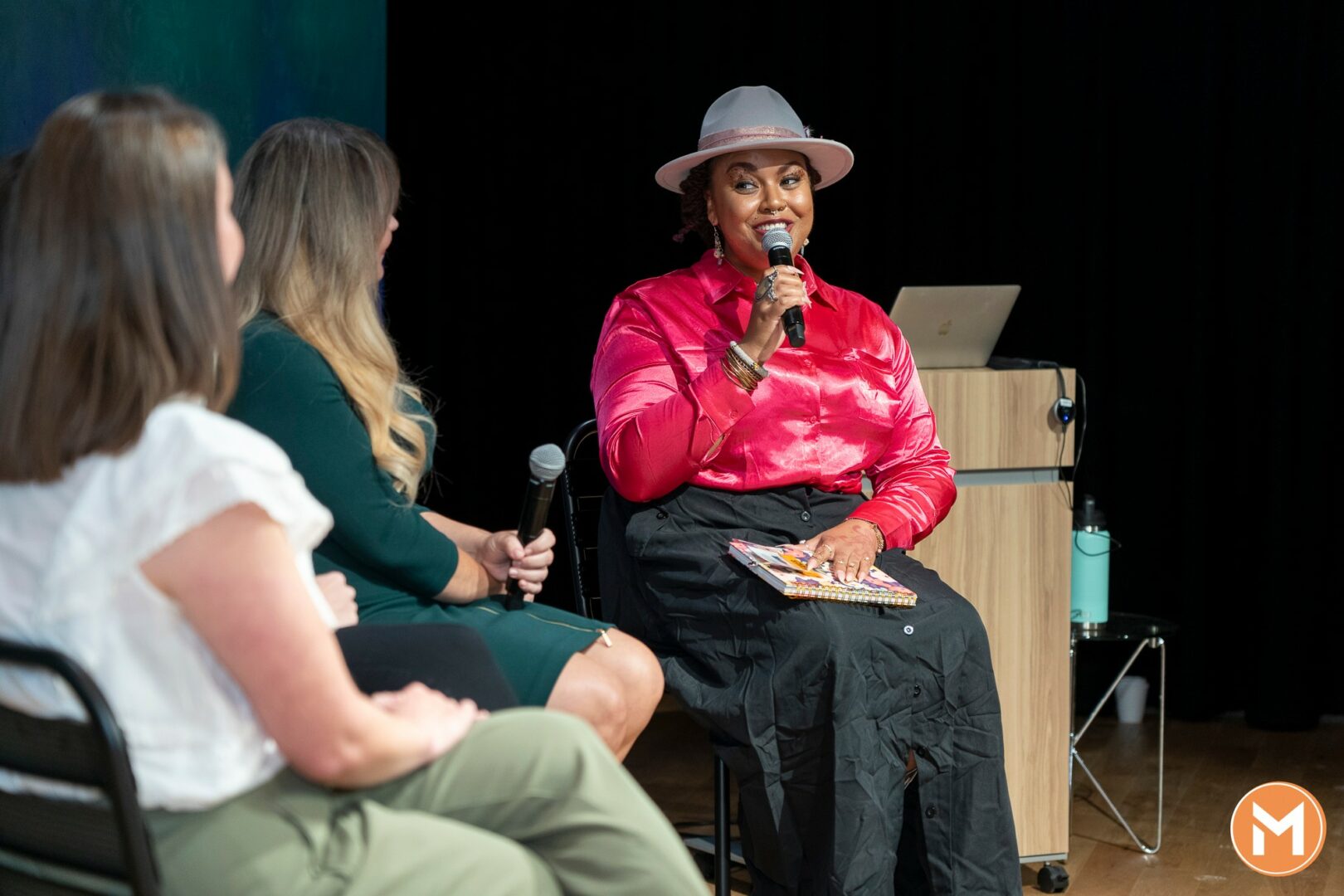
Appreciate the insights and wisdom. Before we dig deeper and ask you about the skills that matter and more, maybe you can tell our readers about yourself?
My journey has always been fueled by a passion for equity, innovation, and building communities that thrive. I am the Founder and Principal of NPI Consulting House, where I lead transformative initiatives that empower entrepreneurs, businesses, and nonprofits to access the resources they need to grow and create lasting impact. At my core, I am a strategist, a disruptor, and a bridge builder—connecting people, ideas, and funding opportunities to drive meaningful change.
One of the most recent exciting projects I’ve developed is Protea, a groundbreaking B2B SaaS platform that is revolutionizing the way small businesses and nonprofits access non-dilutive funding. With misinformation about grants and funding opportunities running rampant, many organizations are left without clear guidance on how to position themselves for success. Protea fills this gap by providing a DIY grant readiness and technical assistance platform using expert curated templates and guides, equipping organizations with the tools, education, and AI-powered support they need to secure funding without the high costs of traditional consulting.
My work is driven by a deep commitment to challenging systemic barriers—whether it’s in public health, entrepreneurship, or economic development. I’ve had the privilege of securing over $19 million in funding for organizations, supporting mission-driven initiatives that uplift historically marginalized communities. Beyond grant strategy, I focus on change management, strategic planning, and organizational development, ensuring that businesses and nonprofits don’t just receive funding, but also have the infrastructure to scale, sustain, and thrive.
What’s next? This year has been an exciting time for expansion but I am also honing in on what’s important. In 2024, I co-launched Convergence at SXSW, a local initiative reimagining the traditional conference experience. Rather than transactional networking, Convergence is about fostering deep, long-lasting relationships across industries and continents, creating spaces for genuine collaboration, innovation, and equity-driven conversations. In addition, I will continue to grow and revamp the Net-Do Community, a thriving global network I built that connects over 700 professionals, business owners, and disruptors. Through in-person events and digital engagement, we’re fostering a new model of community that prioritizes connection, wellness, and shared success.
At my core, I believe that when people are equipped with knowledge, access, and the right community, they can unlock limitless opportunities. Whether I’m speaking on stage alongside leaders like US SBA Administrator Isabel Guzman and Mark Cuban, building tech-driven funding solutions with Protea, or advocating for public health equity as the Chair of the Austin Travis County Public Health Commission, my mission remains the same: to educate, elevate, and empower.
I’m excited for what’s ahead and invite anyone who shares this vision to connect, collaborate, and join me in building a future where resources, opportunities, and success are accessible to all.
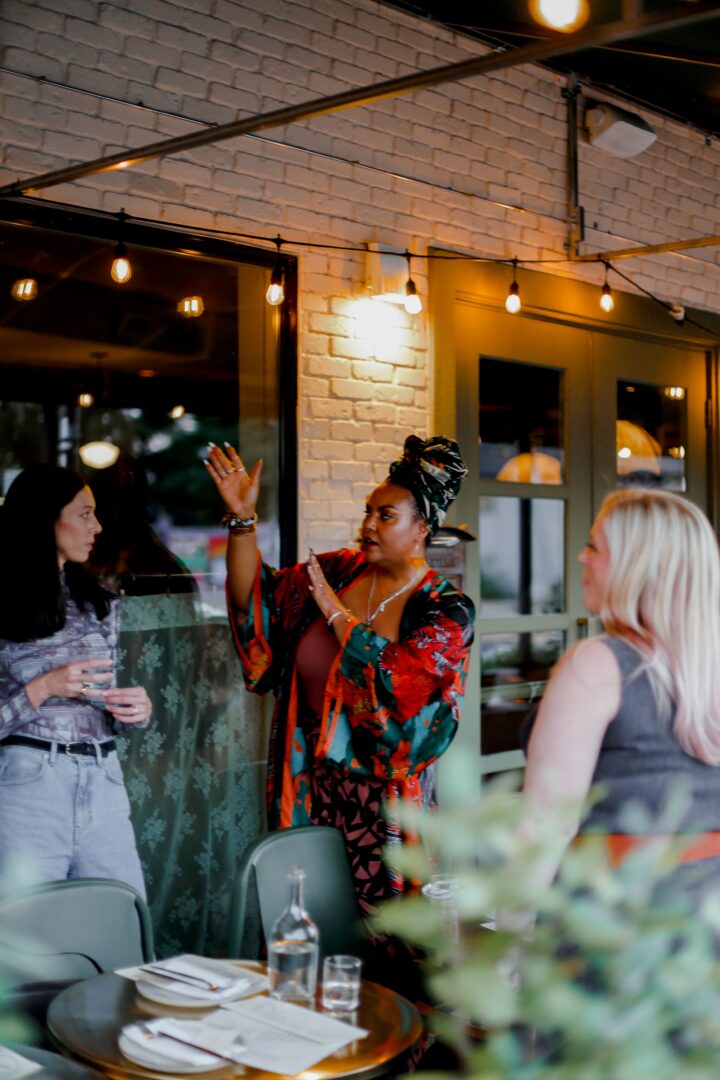
There is so much advice out there about all the different skills and qualities folks need to develop in order to succeed in today’s highly competitive environment and often it can feel overwhelming. So, if we had to break it down to just the three that matter most, which three skills or qualities would you focus on?
Only three? Okay—well, I mentioned earlier that I am dangerously authentic, so I’ll continue to bring that up here and call it a quality. One area of knowledge I would emphasize is embracing transformation. As a business owner, you have to be fluid and flexible while remaining mission-oriented. This means being comfortable with being uncomfortable. The concept of build, ship, iterate comes to mind:
*Build your idea to the best of your ability in that moment.
*Ship it—put it out there for those who can test it and welcome their feedback.
*Iterate by taking constructive criticism and applying it to the next version of what you create.
Then, do it all over again—continuously refining your vision until you have built the product, business, or platform you set out to create.
The final piece of advice? Say yes. Say yes to the opportunities that come your way, even when they seem like a reach. Step into spaces where you think, ‘am I really supposed to be here?’ The answer is yes. Be delusional enough to believe that you belong in that program, on that stage, in that article—because if you don’t say yes to yourself, who else will?
For those early in their journey, my best advice is this:
1. Find your people. Surround yourself with those who uplift and motivate you—people who believe in your vision even more than you do.
2. Be vulnerable. I used to think people only wanted to hear about my wins, but the truth is, we learn more from our mistakes. Pinky Cole wrote a book called I Hope You Fail, and when I first saw the title, I was taken aback. But she’s right—failure is how we learn. So be okay with failing. Laugh about it. Own it.
3. Embrace the unknown. Your journey is yours alone. You are uniquely positioned with a perspective, talent, and vision that no one else has. You’re not meant to have the same path as me—or anyone else—and that’s okay.
All of this is important, but what I really want to emphasize is this: Whether you’re at the beginning of your journey or starting something brand new, you are exactly where you are supposed to be. Even if it feels uncertain, even if it seems surreal—trust it, embrace it, and love yourself through it.
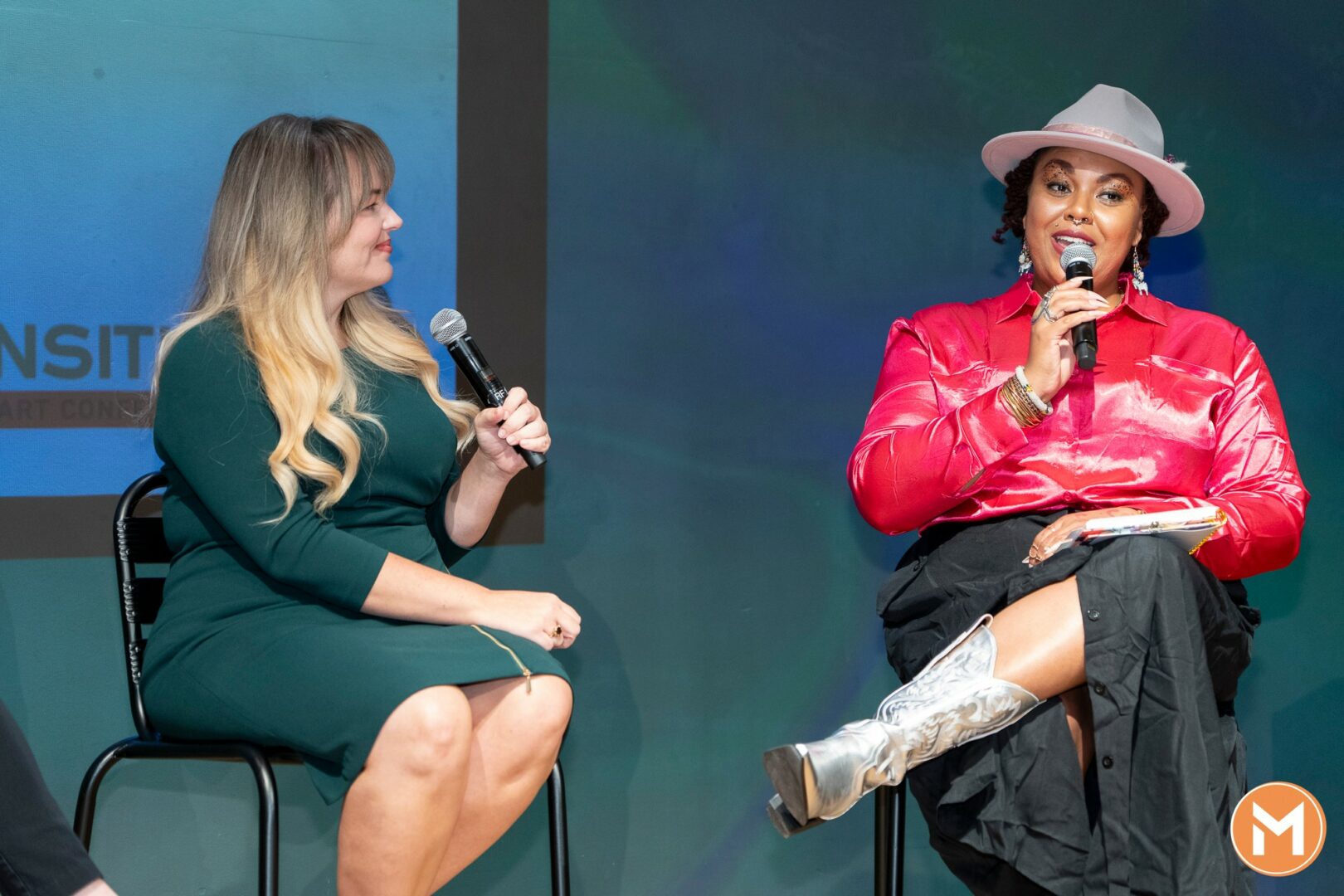
What has been your biggest area of growth or improvement in the past 12 months?
As a community builder and leader, one of the biggest lessons I’ve learned over the past 12 months is this: Yes, I need support on this journey, but I don’t need to bring everyone along with me to receive that support.
Let me explain. I am deeply passionate about creating impact—both personally and professionally. I built the Net-Do Community in just a few weeks and grew it into a global enterprise within months. But in doing so, I felt a personal responsibility to support each individual member and bring them up alongside me. I believed that in order to grow, I had to uplift everyone at the same time.
Then came SXSW—a pivotal moment. After stepping off stage from my panel with Mark Cuban and U.S. SBA Administrator Isabel Guzman, I had burning questions for Mark. But in my excitement (and maybe a little nervousness), I stumbled over my words. Pro tip: If you ever get a few moments with Mark Cuban, be direct—he’ll appreciate it.
When I finally got my question out, I asked: “Mark, how do we work together?”
He replied, “Build your six clients to six thousand and call me.” (Insert shock and horror here.)
I took a deep breath and said, “Okay, done.”
Then I asked something along the lines of, “What advice do you have for me after hearing what I do?”
His response? A hard truth I wasn’t ready to hear:
“You don’t make enough money to help everyone, so stop trying to. Build your business first, and then help those who can’t help themselves—but not before.”
Now, for those who know me, I’m stubborn. I didn’t want to hear that I couldn’t do something. But looking back, I realize his advice was incredibly powerful.
I need support on this journey, but I don’t need to bring everyone along in order to receive that support.
This has been my biggest area of growth, my greatest challenge, and my most valuable lesson over the past year. I can still be a good human. I can still help people. But I don’t have to give until my cup is empty.
Contact Info:
- Website: https://www.npiconsultinghouse.com
- Linkedin: https://www.linkedin.com/in/natalie-poindexter-mph-ches/
- Youtube: https://www.youtube.com/@thepoindextereffect
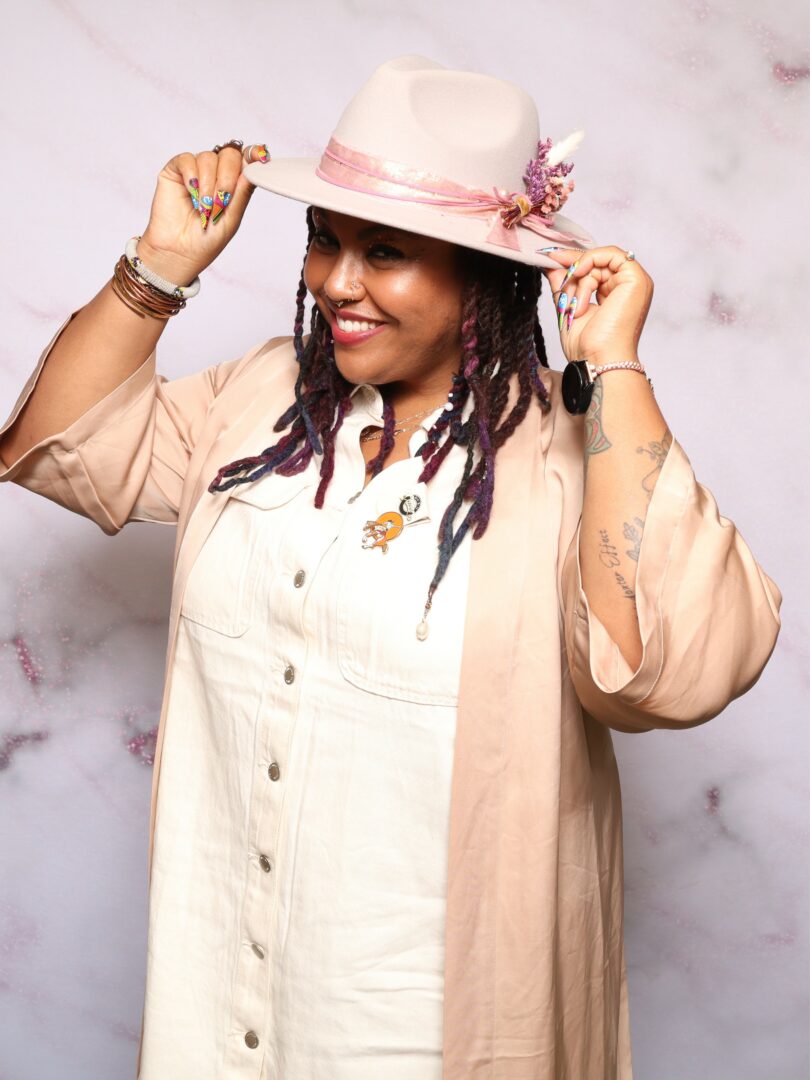
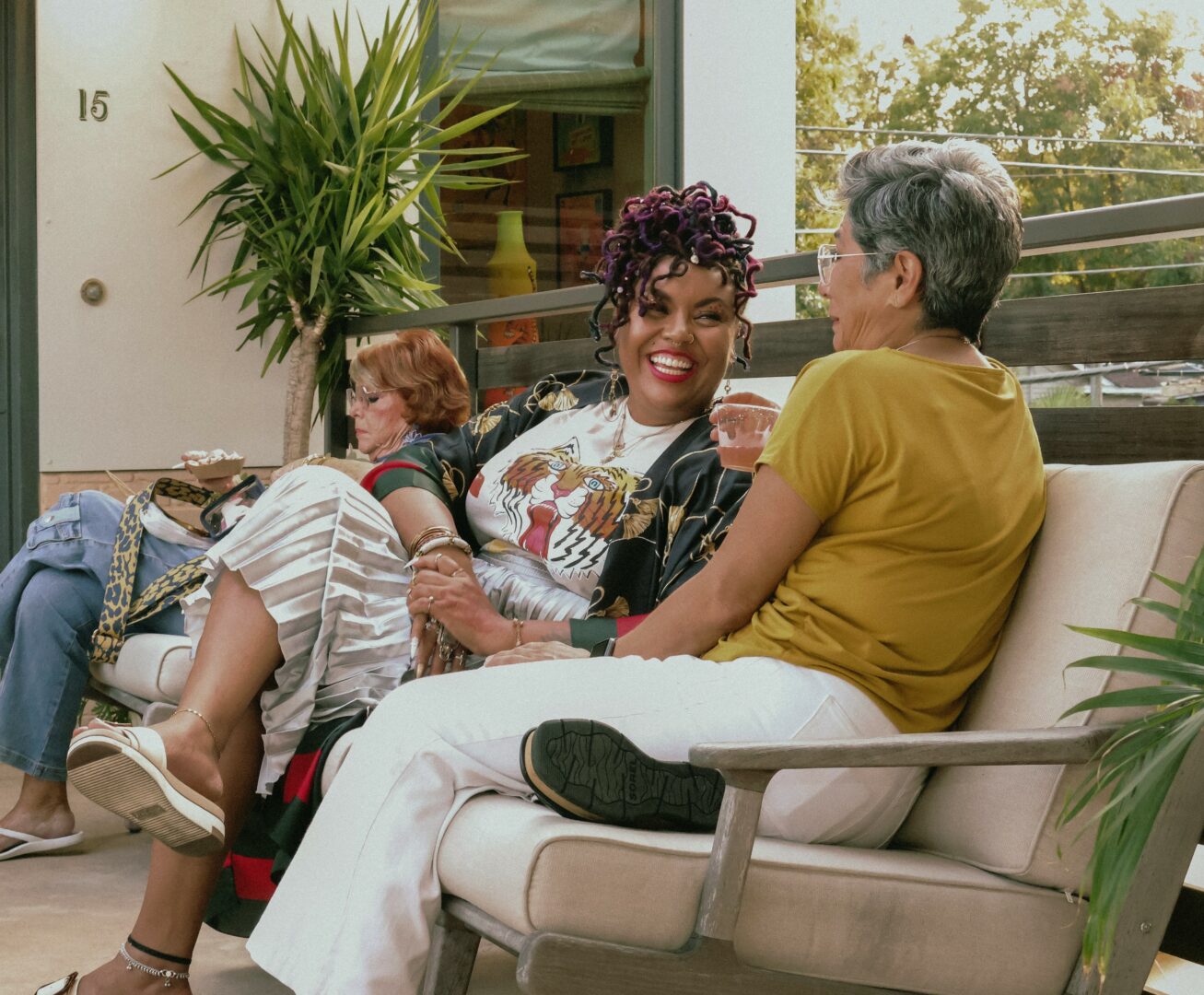
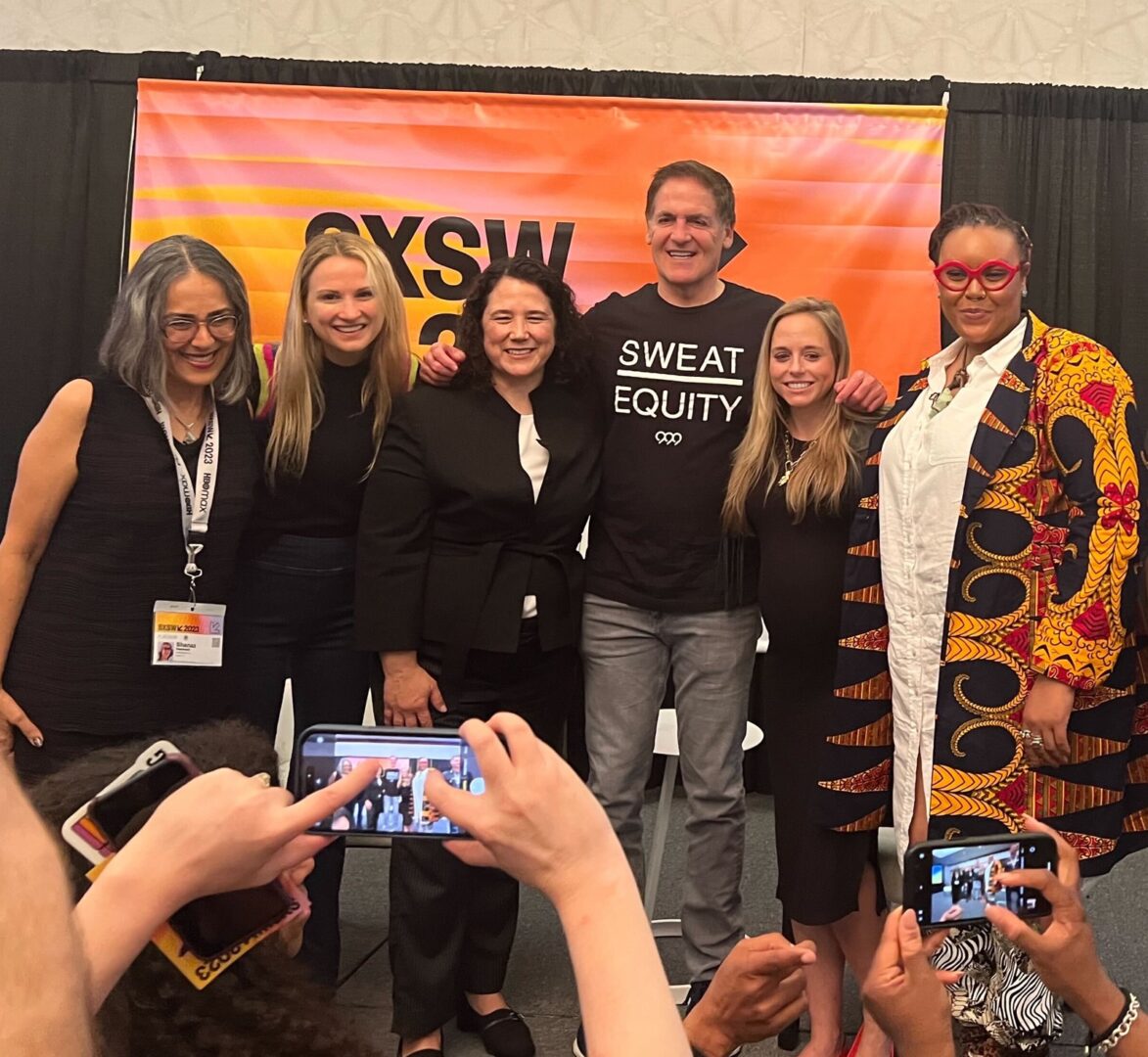
Image Credits
Lucero Photography
Doogie Roux Photography
so if you or someone you know deserves recognition please let us know here.




